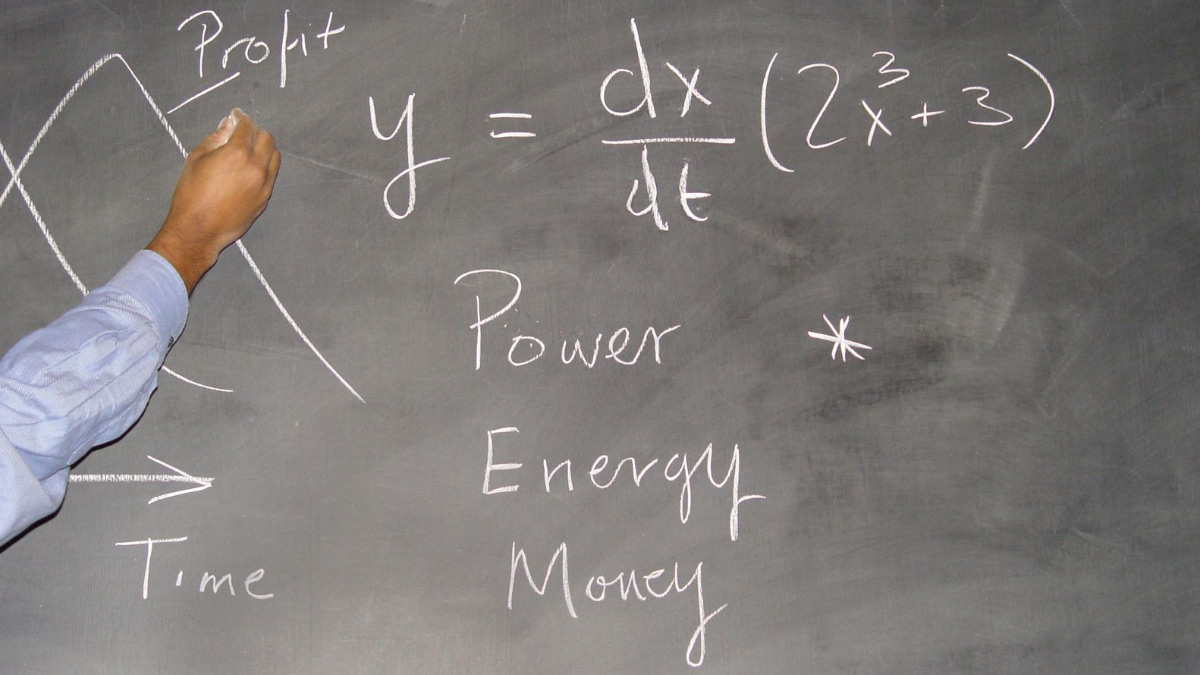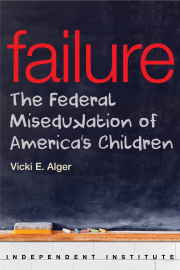“Teachers are standing up for their students and themselves against largely red states with weak labor laws,” writes American Federation of Teachers President Randi Weingarten in her recent USA Today op-ed. “The days of passive resignation are over.”
Weingarten and others seem fond of characterizing the recent wave of teacher strikes as political reawakenings. Yet preliminary findings from a pending survey suggest that teachers unions and their allies may regret their “Remember in November” mantra.
This summer the U.S. Supreme Court is expected to rule in Janus v. American Federation of State, County, and Municipal Employees, a case brought against government unions for charging nonmembers “agency fees.” If unions are prohibited from charging those fees, the cost of members’ dues could soar—by hundreds of dollars in the case of California Teachers Association members. The result? Less money and fewer members.
Anticipating an unfavorable ruling, the National Education Association is reducing its two-year budget by $50 million and bracing for a membership nosedive in excess of 300,000 teachers, according to union watchdog and Education Intelligence Agency Director Mike Antonucci.
But it doesn’t take wildcat strikes or Supreme Court cases to see just how out of step unions appear to be with rank-and-file teachers.
Preliminary results from a pending Educators for Excellence (E4E) survey of American public school teachers indicates that close to one in three unionized teachers believe their unions are something they could do without. If unionized teachers were not automatically enrolled, 60 percent say they would “very likely” still opt in. But the other 40 percent aren’t so sure. As for non-unionized teachers, 61 percent say that they would opt out of paying fees if given a choice.
The opt-out decision might be easier because just 28 percent of unionized teachers believe their unions’ policy decisions represent their perspectives “a great deal.” A separate Education Week poll released late last year also found that only 28 percent of teachers said their unions’ political views represented their own “a lot.”
This disconnect is further reflected in low levels of teacher engagement with their unions, including advocacy-related activities. Fewer than one in five unionized teachers say they participated in a union-organized rally or took an online advocacy action in the past year.
So much for unions’ claims about being the voice of teachers, especially in political matters.
Almost half of all unionized teachers agree that it is just “somewhat” to “not at all” important for their unions to provide them information about political candidates, while close to two-thirds agree that it is only “somewhat” to “not at all” important for their unions to support/endorse political candidates.
Contrary to the collectivist mythos dominating union policies and practice, teachers are not a monolithic voting bloc. They don’t need or want grand pooh-bahs telling them how to vote.
Apparently some strike organizers missed the memo.
Consider Arizona, home to the country’s largest teachers’ strike in history. For all the claims about being a nonpartisan coalition that simply wants higher pay for teachers, Education Week columnist Lance Izumi documents the decidedly partisan underbelly of prominent strike organizers. Several Arizona news media outlets have also reported on the anything-but-apolitical leanings of organizers.
That underbelly, together with heavy-handed attempts to silence dissent from those who don’t subscribe to the preferred ideology, may be the undoing of a movement that’s hardly unified.
There’s also a mounting backlash from Arizona teachers who feel betrayed by the movement’s true intent. In their case, the same day a 20 percent teacher pay-raise dealwas reached by the governor and legislative leaders, strike organizers issued four additional demands and continued the strikes. Those demands were defeated the following week when the budget plan came to a vote. The 20 percent teacher pay raise, however, passed along partisan lines, with nearly all Democrats voting against.
Meanwhile, many Arizona parents, who largely support higher pay for teachers and have approved billions of dollars in additional education spending, are angered that, because of the strikes, their children missed six days of school.
Want to make parents even angrier? Tell them the strikes were “for the children.”
In response, a growing number of parents may vote with their feet this fall by taking advantage of Arizona’s expansive educational choice programs—options some strike representatives have publicly opposed.
So come November parents, teachers, and taxpayers in Arizona and other states will certainly remember, but likely not the way strike organizers or union bosses presume they will.









